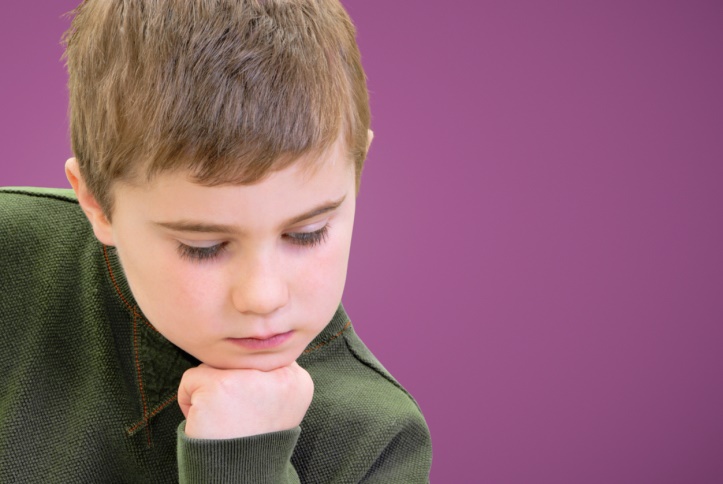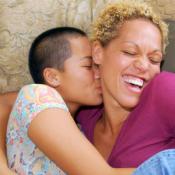 Transgender children are increasingly pushing to have their gender identities recognized, but dismissive adults often write these children off as “confused.” Parents might claim their children don’t understand that gender is permanent or insist that a transgender identity is just a phase.
Transgender children are increasingly pushing to have their gender identities recognized, but dismissive adults often write these children off as “confused.” Parents might claim their children don’t understand that gender is permanent or insist that a transgender identity is just a phase.
A small study published in Psychological Science suggests otherwise, emphasizing that transgender children aren’t confused. Instead, their confidence in their gender identity is similar to that of cisgender children. Trans advocates and allies frequently refer to people who do not identify as transgender as cisgender.
Challenging the Notion of Gender Confusion
The study, led by Nicholas Eaton of Stony Brook University, involved 32 transgender children ranging in age from 5 to 12. Each of the children had parents who were supportive of their gender identity, and none of the children had yet entered puberty.
Researchers asked the children about their gender identity, but also administered a test of implicit gender identity. This test measures reaction times to computerized questions. Previous research has shown that implicit association tests can eliminate some forms of bias, as well as misleading answers. A child who lies about his or her gender identity would have more difficulty misleading researchers about his or her gender identity on an implicit association test.
Researchers compared the children’s answers to those of 32 cisgender children, as well as 18 of the transgender children’s siblings. They found that transgender children’s responses were virtually indistinguishable from other children’s responses. Transgender kids displayed similar levels of certainty about their gender identity and similar understandings of the permanence of gender.
Support for Transgender Children
Trans-identified children face a number of obstacles their cisgender peers don’t. According to one study, a staggering 41% of transgender adults had attempted suicide, compared to just 1.6% of the general population. Anti-trans violence, employment discrimination, and social isolation all conspire to make life as a transgender person more difficult. The good news is that, according to Eaton, parental acceptance can greatly improve outcomes for transgender kids.
So what should you do if your child comes out as trans? Try some of the following tips from TransYouth Family Allies:
- Pursue healthy treatment options, if warranted. Medical interventions, including gender reassignment surgery, may help your child cope. If your child is experiencing depression, bullying, or frustration with his or her identity, consider pursuing therapy.
- Call your child by the gender pronoun and name associated with his or her new gender.
- Accept your child where he or she is without trying to change his or her gender identity.
- Don’t blame your child or yourself for his or her trans identity. Blame should never enter the picture.
References:
- Stats on transgender discrimination, violence and suicide. (2012, September 14). Retrieved from http://lexiecannes.com/stats-on-transgender-discrimination-violence-and-suicide/
- Tips for parents. (2007). TransYouth Family Allies. Retrieved from http://www.imatyfa.org/resources/parents/tips-for-parents/
- Transgender children aren’t confused about their gender identity, study finds. (2015, February 02). Retrieved from http://www.foxnews.com/health/2015/02/02/transgender-children-arent-confused-about-their-gender-identity-study-finds/
© Copyright 2015 GoodTherapy.org. All rights reserved.
The preceding article was solely written by the author named above. Any views and opinions expressed are not necessarily shared by GoodTherapy.org. Questions or concerns about the preceding article can be directed to the author or posted as a comment below.

 We Got It All Wrong about Gay Relationships
We Got It All Wrong about Gay Relationships Fitting In, Standing Out: Bigotry in the LGBT Community
Fitting In, Standing Out: Bigotry in the LGBT Community Dealing with Bullies: The Support Your LGBTQ+ Child Needs
Dealing with Bullies: The Support Your LGBTQ+ Child Needs